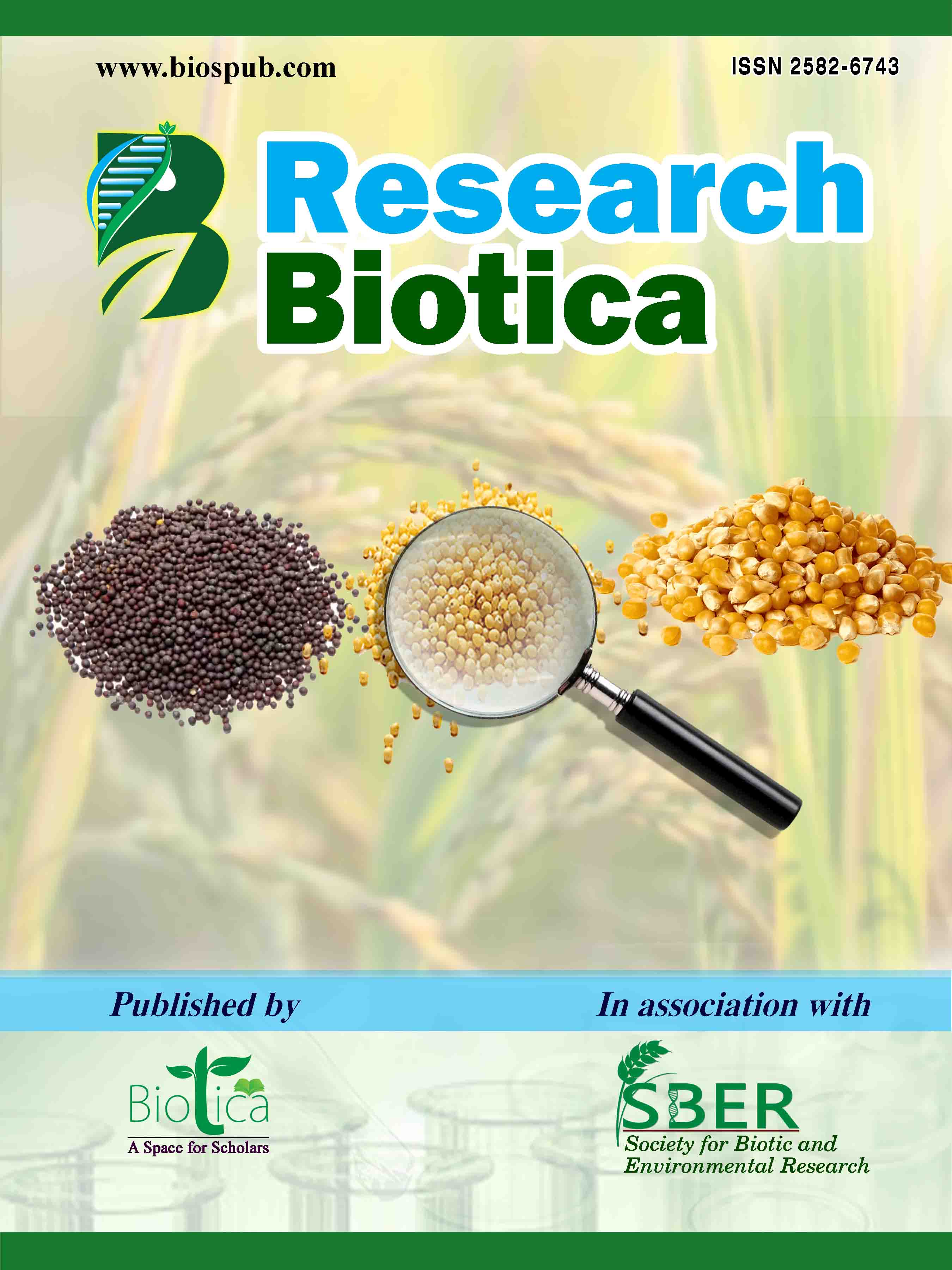Biofortification of Crops to Address Global Zn Deficiency
Keywords:
Biofortification, Breeding, Genetic engineering, Zinc deficiencyAbstract
Clinical or subclinical Zn deficiency is associated with a wide array of physiological issues in developing countries, caused mainly by inadequate dietary intake. About a third of the world’s population is estimated to be at risk of Zn deficiency, which is especially prevalent in children under 5 years of age. Deficiencies of Zn and other micronutrients in developing countries are also reported to cause great economic losses and have a considerable effect on the gross national product by decreasing productivity and increasing the health care costs. A large consumption of cereal-based foods with small concentrations and low bioavailability of Zn is the major reason behind this problem. Agricultural strategies that are used to improve the nutritional value of crop plants are known as biofortification strategies. Conventional and molecular plant breeding, genetic modification and agronomic interventions including appropriate fertilizer applications are the major tools that are used and investigated for the biofortification of food crops with Zn.









 |
|